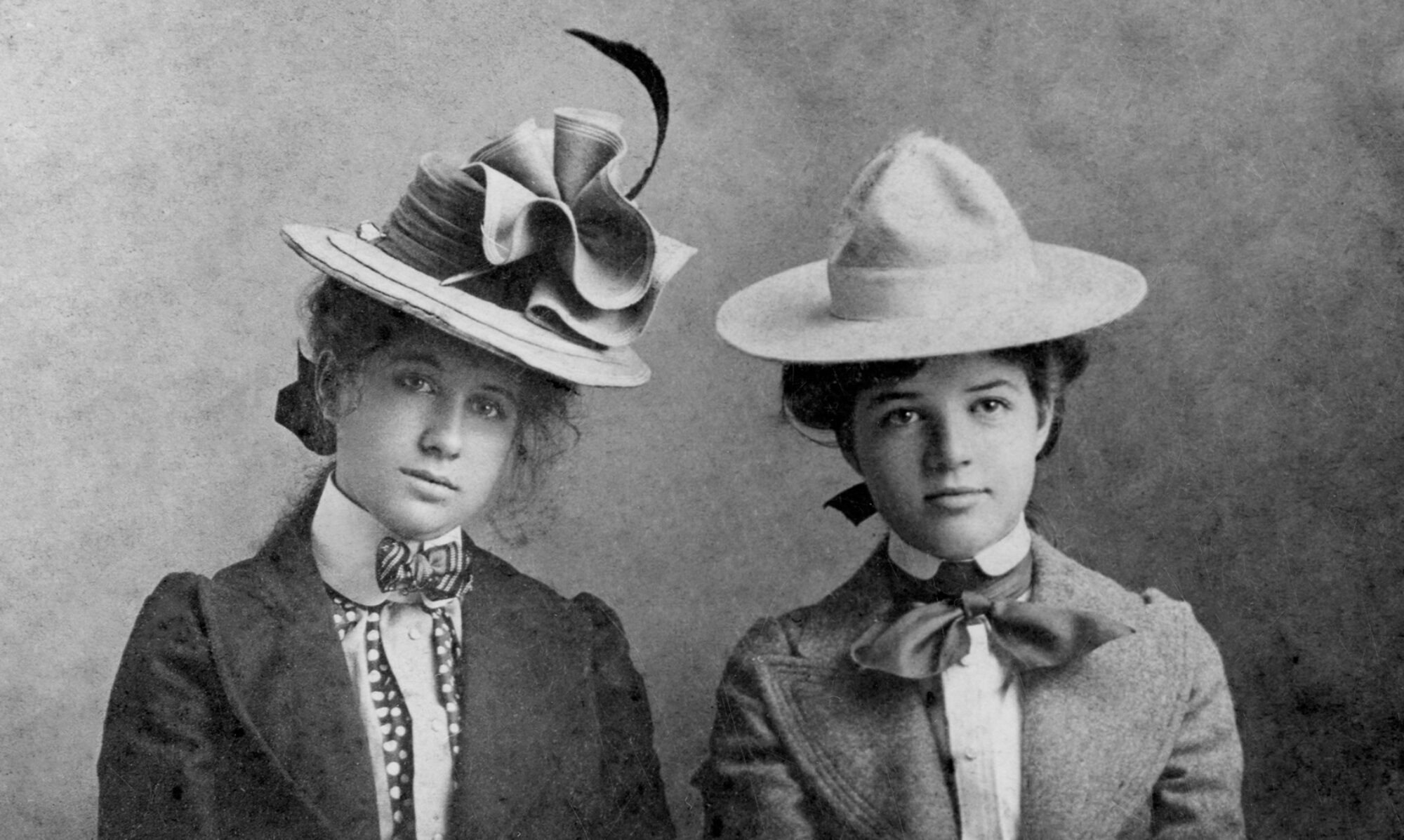Today I’m excerpting from the chapter on introductions in The Laws Of Etiquette; Or, Short Rules And Reflections For Conduct In Society, by A Gentleman, published in 1836 in Philadelphia. I had created a draft of this post and then dashed off on an errand. I smiled when my car playlist appropriately started playing Meghan’s Trainor’s “No”, which is about a woman shutting down a rando guy when he approaches her.
You may find some of the Gentleman’s advice to be hopelessly antiquated or mildly offensive (as usual, I’ve edited out the more egregious passages.) However, some of his counsel is still applicable today.
A gentleman should not be presented to a lady without her permission being previously asked and granted. This formality is not necessary between men alone; but, still, you should not present any one, even at his own request, to another, unless you are quite well assured that the acquaintance will be agreeable to the latter. You may decline upon the ground of not being sufficiently intimate yourself. A man does himself no service with another when he obliges him to know people whom he would rather avoid.

If you are walking down the street in company with another person, and stop to say something to one of your friends, or are joined by a friend who walks with you for a long time, do not commit the too common, but most flagrant error, of presenting such persons to one another. Never present morning visitors to one another, who happen to meet in your parlour without being acquainted. If you should be so presented, remember that the acquaintance afterwards goes for nothing; you have not the slightest right to expect that the other will ever speak to you. But observe, that in all such cases you should converse with the stranger as if you knew him perfectly well; you are to consider him an acquaintance for the nonce.

When two Americans, who “have not been introduced,” meet in some public place, as in a theatre, a stagecoach, or a steamboat, they will sit for an hour staring in one another’s faces, but without a word of conversation. This form of unpoliteness has been adopted from the English, and it is as little worthy of imitation as the form of their government. Good sense and convenience are the foundations of good breeding; and it is assuredly vastly more reasonable and more agreeable to enjoy a passing gratification when no sequent evil is to be apprehended than to be rendered uncomfortable by an ill-founded pride. It is, therefore, better to carry on an easy and civil conversation. A snuff-box, or some polite accommodation rendered, may serve for an opening. Talk only about generalities, – the play, the roads, the weather. Avoid speaking of persons or politics, for, if the individual is of the opposite party to yourself, you will be engaged in a controversy: if he holds the same opinions, you will be overwhelmed with a flood of vulgar intelligence, which may soil your mind. Be reservedly civil while the colloquy lasts, and let the acquaintance cease with the occasion.
If you see a lady whom you do not know, unattended, and wanting the assistance of a man, offer your services to her immediately. Do it with great courtesy, taking off your hat and begging the honour of assisting her. This precept, although universally observed in France, is constantly violated in England and America by the demi-bred, perhaps by all but the thorough-bred. The “mob of gentlemen” in this country seem to act in these cases as if a gentleman ipso facto ceased to be a MAN, and as if the form of presentation was established to prevent intercourse and not to increase it. Charles Lamb’s phrase, “a human gentleman,” was, after all, no great tautology.
Check it out! This book was owned by William Smith in 1837.




